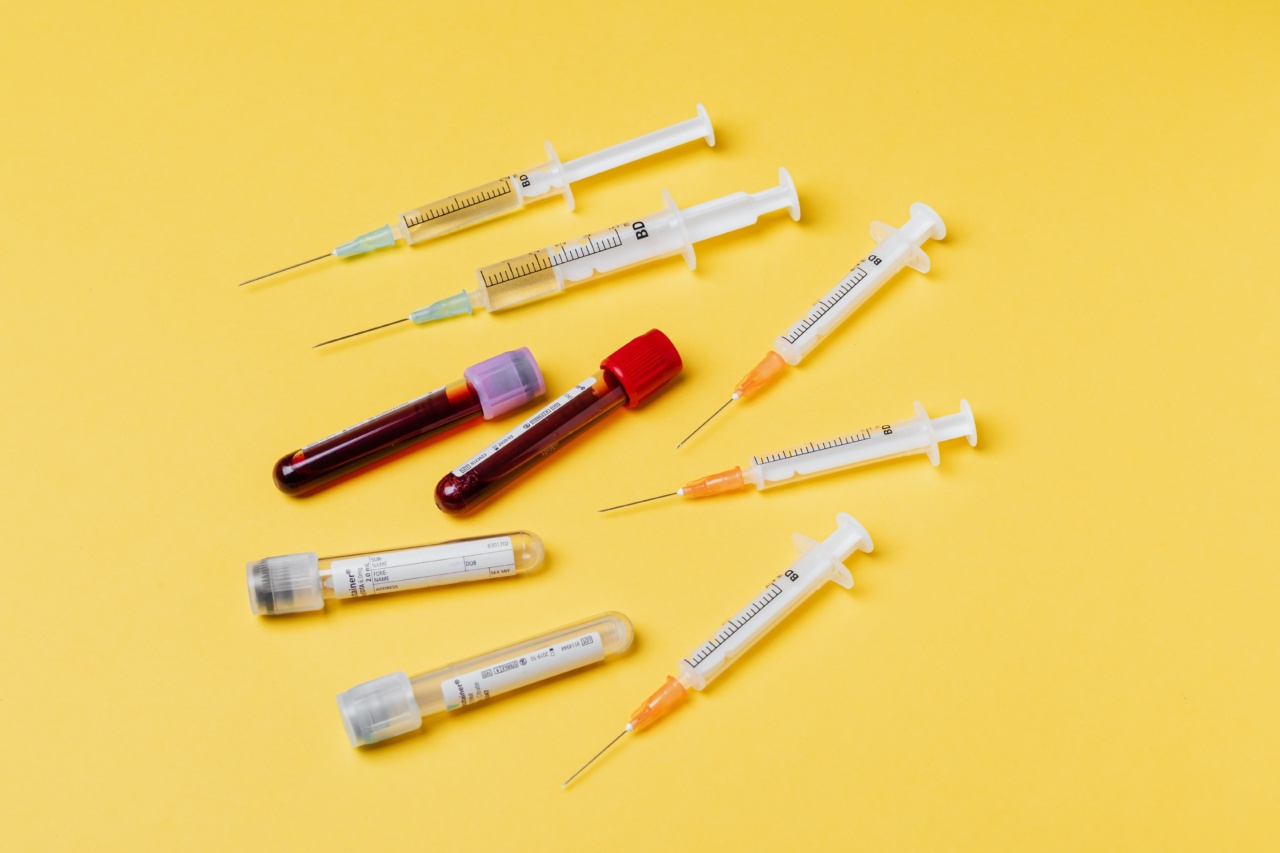High blood pressure, also known as hypertension, is a common condition that affects millions of people around the world.
It occurs when the force of blood against the walls of the arteries is too high, putting stress on the heart and causing damage to blood vessels. It can lead to serious health problems, including heart disease, stroke, and kidney failure. The good news is that there are many uncomplicated methods to help prevent high blood pressure.
By making a few lifestyle changes, you can take control of your blood pressure and improve your overall health.
1. Maintain a healthy weight
Being overweight or obese is one of the biggest risk factors for high blood pressure. If you are overweight, losing even a few pounds can help lower your blood pressure. Aim for a BMI between 18.5 and 24.9, which is considered healthy.
Eating a healthy diet and exercising regularly can help you achieve and maintain a healthy weight.
2. Eat a healthy diet
A healthy diet is key to preventing high blood pressure. A diet that is rich in fruits, vegetables, whole grains, lean protein, and low-fat dairy products can help lower your blood pressure.
Avoid foods that are high in salt, saturated fat, and sugar, as they can increase your blood pressure and lead to other health problems. Reading food labels can help you make healthier choices.
3. Exercise regularly
Regular exercise is another important factor in preventing high blood pressure. Aim for at least 30 minutes of moderate-intensity exercise, such as brisk walking, cycling, or swimming, on most days of the week.
Exercise helps strengthen your heart and improves the flexibility of your blood vessels, lowering your blood pressure. It also helps you maintain a healthy weight and reduces stress.
4. Reduce your sodium intake
Sodium, or salt, can raise your blood pressure. Most people consume too much salt, often without even realizing it.
Try to limit your sodium intake to no more than 2,300 milligrams per day, or 1,500 milligrams if you are over 50 years old, African American, or have other risk factors for high blood pressure. Avoid processed and packaged foods, which can be high in sodium, and opt for fresh foods instead.
5. Limit your alcohol intake
Drinking too much alcohol can raise your blood pressure and damage your heart. It can also lead to weight gain and other health problems. If you drink alcohol, do so in moderation.
Men should have no more than two drinks per day, and women should have no more than one drink per day. One drink is defined as 12 ounces of beer, 5 ounces of wine, or 1.5 ounces of hard liquor.
6. Quit smoking
Smoking is a major risk factor for high blood pressure and many other health problems. It damages blood vessels and reduces the flow of oxygen to the heart and other organs. If you smoke, quitting is the best thing you can do for your health.
It can be a difficult habit to break, but there are many resources available to help you quit.
7. Manage your stress
Stress can raise your blood pressure, especially if you experience chronic stress. Find ways to manage your stress, such as practicing relaxation techniques like yoga or meditation, getting enough sleep, and spending time with loved ones.
Regular exercise can also help you manage stress.
8. Get enough sleep
Lack of sleep can contribute to high blood pressure and other health problems. Aim for seven to eight hours of sleep per night.
If you have trouble sleeping, try creating a relaxing bedtime routine, avoiding caffeine and alcohol before bed, and keeping your bedroom cool, quiet, and dark.
9. Monitor your blood pressure regularly
Checking your blood pressure regularly is important for preventing high blood pressure and detecting it early if it does occur.
You can monitor your blood pressure at home with a blood pressure cuff or monitor, or you can have it checked by a healthcare provider. Talk to your healthcare provider about how often you should have your blood pressure checked.
10. Take your medication as prescribed
If you have high blood pressure, your healthcare provider may prescribe medication to help lower it.
It is important to take your medication exactly as prescribed and to follow up with your healthcare provider regularly to monitor your blood pressure and adjust your medication if needed.




























